Pet nutrition is an essential aspect of pet care that many pet owners often overlook. Understanding the fundamentals of pet nutrition and making informed food choices for your furry friend is crucial for their overall health and well-being. In this comprehensive guide, we will dive into the intricacies of pet nutrition, explore the various aspects of pet food choices, and provide valuable insights to help you make the best decisions for your pet’s diet.
Pet nutrition encompasses a wide range of factors, including the dietary needs of different pet species, the importance of balanced nutrition, and the impact of food choices on your pet’s long-term health. As a responsible pet owner, it is important to arm yourself with the knowledge of pet nutrition and food choices to ensure that your pet receives the proper nourishment they need to thrive. Whether you are a first-time pet owner or a seasoned pet enthusiast, this guide will equip you with the information you need to make informed decisions about your pet’s diet and nutrition.
Key Takeaways:
- Pet nutrition is crucial: Just like humans, pets need a balanced diet to maintain their health and well-being.
- Understanding pet food labels is important: Knowing how to read and interpret pet food labels can help you make informed choices for your pet’s diet.
- Avoid fillers and by-products: Look for pet food that is free from fillers, artificial flavors, and by-products, which can be harmful to your pet’s health.
- Consider your pet’s specific needs: Factors such as age, breed, and health conditions should be taken into account when choosing the right food for your pet.
- Consult with a veterinarian: Your vet can provide valuable insight and recommendations on the best nutrition and food choices for your pet.
- Balance is key: A well-balanced diet consisting of protein, carbohydrates, fats, vitamins, and minerals is essential for your pet’s overall health.
- Make gradual changes: When switching your pet’s food, it’s important to do so gradually to avoid digestive upset.
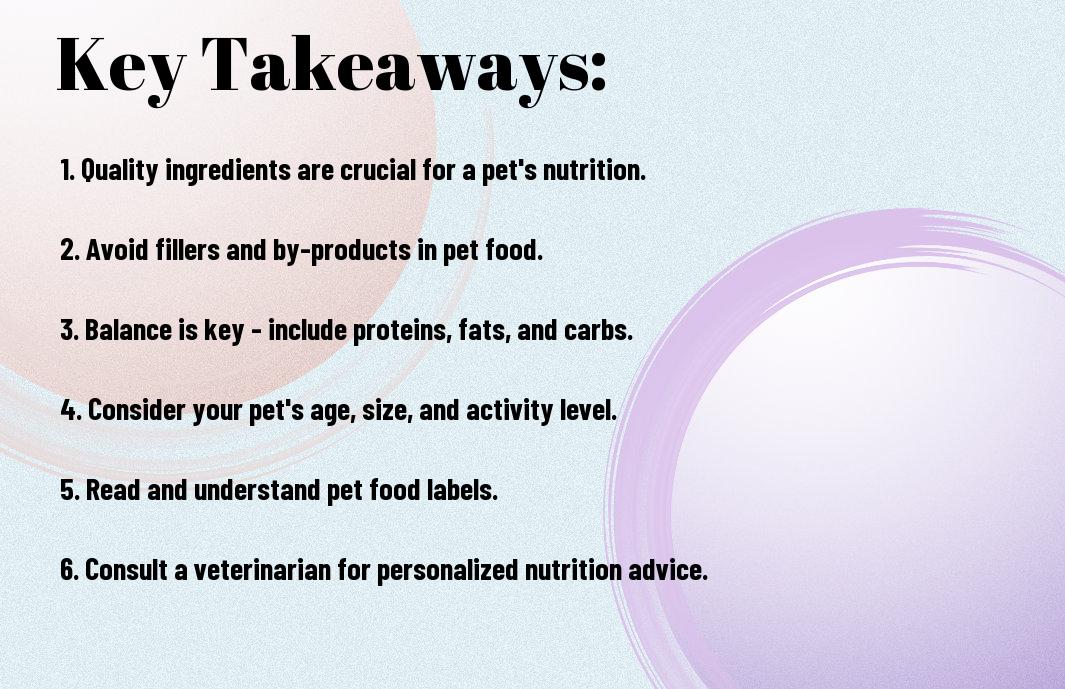
Basics of Pet Nutrition
Assuming you want to provide your pet with the best possible nutrition, it is essential to understand the basics of pet nutrition. This will help you make informed decisions about the food choices you make for your furry friend.
Macronutrients: Proteins, Fats, and Carbohydrates
For your pet to thrive, it is crucial to provide a balanced diet that includes the right mix of macronutrients. Proteins are essential for muscle health, while fats provide energy and support healthy skin and coat. Carbohydrates are a good source of energy for your pet, but it’s important to choose complex carbohydrates over simple sugars to support overall health.
Vitamins and Minerals Essentials
Vitamins and minerals are vital for your pet’s overall well-being. They play a key role in supporting a strong immune system, healthy bones, and proper growth and development. Essential vitamins and minerals for pets include vitamin A, vitamin D, calcium, and iron, among others.
Essentials: pet nutrition, macronutrients, proteins, fats, carbohydrates, vitamins, minerals
The Role of Water in Pet Diets
On top of a well-balanced diet, water is essential for your pet’s health. It aids in digestion, regulates body temperature, and helps flush out toxins. Make sure your pet has access to clean, fresh water at all times to support their overall well-being.
Water: pet nutrition, hydration, digestion, body temperature, toxins
Understanding Pet Food Labels
Minerals, such as calcium and phosphorus, are important for your pet’s overall health. When reading pet food labels, look for a balance of essential minerals to ensure your pet is getting the support they need. Additionally, pay attention to the fat content, making sure it comes from high-quality sources to support your pet’s energy needs and overall health.
Fats: pet nutrition, pet food labels, essential minerals, calcium, phosphorus, fat content, energy needs
Dietary Needs by Species
Unlike humans, different animal species have unique dietary requirements to support their overall health and well-being. It is crucial for pet owners to understand the specific nutritional needs of their pets to ensure they are providing the best diet possible. For a comprehensive guide on choosing the perfect pet food, check out The Ultimate Guide to Choosing the Perfect Pet Food for valuable insights and tips.
Canine Nutrition
Any responsible dog owner knows that a balanced diet is essential for their canine companions. Dogs require a mix of proteins, fats, carbohydrates, vitamins, and minerals to thrive. It is important to select high-quality dog food that meets these nutritional needs and is appropriate for their stage of life, whether they are a puppy, adult, or senior.
When it comes to canine nutrition, it is crucial to consult with a veterinarian or a pet nutrition expert to ensure your dog’s diet is meeting their individual requirements. Additionally, considering any specific health issues, such as allergies or sensitivities, is vital for tailoring the best diet for your beloved pet.
Feline Nutrition
With their unique physiology, cats have specific dietary needs that differ from those of dogs. A feline’s diet should consist of high levels of animal-based protein, including essential amino acids like taurine. Cats also require a balanced mix of fats and carbohydrates, as well as other nutrients such as vitamins and minerals to support their overall health.
Dietary consultations with a veterinarian or pet nutrition expert are essential for ensuring that your cat’s diet is meeting their individual needs and promoting longevity and well-being. Paying attention to any specific health concerns, including dental health and urinary tract health, is also crucial for providing the best nutrition for your feline friend.
When it comes to feline nutrition, it is important to consider their unique dietary needs, including the requirement for high-quality animal-based proteins, essential amino acids, and specific vitamins and minerals to support their overall health. Consulting with a veterinarian or a pet nutrition expert can help ensure that your cat’s diet meets these specific needs and supports their well-being.
Small Mammals and Rodent Nutrition
Feline
Mammals
Avian Nutrition
Dietary
This
Reptile and Amphibian Nutrition
Avian
To
Life Stage and Diet
Not all pets have the same nutritional needs throughout their lives. Just like humans, their diet should be adjusted according to their life stage. Whether you have a puppy, a senior dog, a kitten, or an older cat, their nutritional requirements will vary. Understanding these differences and providing the right diet for each life stage is crucial for your pet’s health and well-being.
Nutrition for Growth: Puppies and Kittens
Diet plays a critical role in the growth and development of puppies and kittens. Their bodies are rapidly growing, and they require a diet that is rich in essential nutrients such as protein, fat, vitamins, and minerals. During this stage, it’s important to choose pet food that is specifically formulated for growth, with a focus on supporting bone and muscle development, as well as cognitive function. Additionally, feeding frequency and portion sizes should be adjusted to accommodate their high energy needs.
Adult Maintenance Diets
Puppies and kittens transition into adulthood, and their nutritional needs change accordingly. As they reach maturity, their diet should be adjusted to support their overall health and well-being. Adult maintenance diets should provide a balanced combination of protein, carbohydrates, and fats to support their energy levels, as well as vitamins and minerals to maintain their overall health. It’s important to choose high-quality pet food that is tailored to meet the specific needs of adult dogs and cats.
Adult maintenance diets should accommodate different breeds, sizes, and activity levels, ensuring that your pet receives the right balance of nutrients to support their lifestyle and maintain a healthy weight. It’s important to monitor their diet and make adjustments as needed to support optimal health.
Senior Pets and Their Dietary Adjustments
Growth As pets age, their bodies undergo various changes, and their nutritional requirements evolve. Senior pets may experience a decrease in metabolism, changes in mobility, and signs of aging, which can impact their dietary needs. It’s important to transition them to a senior-specific diet that is formulated to address their changing needs, such as joint health, digestive support, and cognitive function. Senior pet diets should also be lower in calories to prevent obesity and support overall health.
Pets Providing a balanced and tailored diet for senior pets can help support their quality of life and manage age-related conditions. It’s important to consult with a veterinarian to determine the best dietary adjustments for your senior pet, taking into consideration their individual health status, activity level, and any specific health concerns.
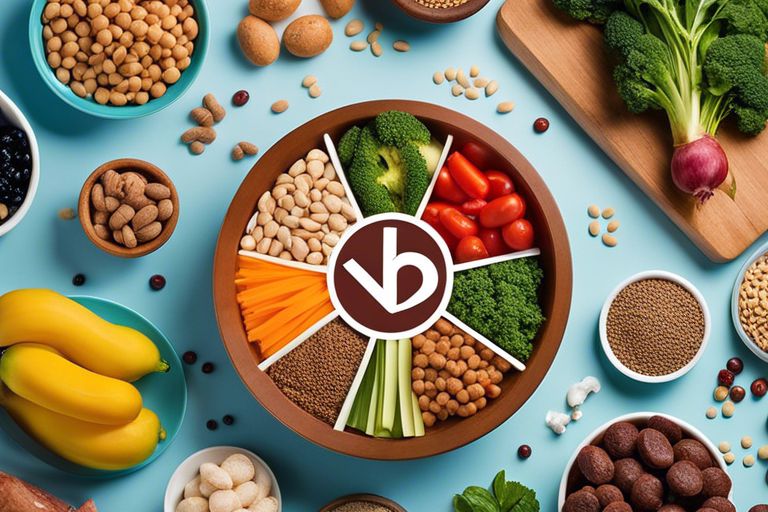
Special Dietary Considerations
Keep in mind that not all pets have the same dietary needs. Some may require special considerations due to food allergies, sensitivities, weight management, or medical conditions. Understanding these special dietary needs is crucial in providing optimal nutrition for your pet.
Food Allergies and Sensitivities
To ensure your pet’s optimal health, it is important to be aware of any food allergies or sensitivities they may have. Common allergens for pets include beef, dairy, wheat, and soy. If you notice symptoms such as itching, chronic ear infections, or gastrointestinal issues, it may be a sign of food allergies or sensitivities.
Weight Management and Obesity Prevention
An integral part of pet nutrition is managing their weight to prevent obesity. Just like humans, obesity in pets can lead to various health issues such as diabetes, arthritis, and heart disease. It is essential to monitor their food intake, provide regular exercise, and consult with a veterinarian for a suitable weight management plan.
For instance, overweight pets may benefit from specially formulated weight management diets that are lower in calories but still provide essential nutrients. Regular exercise and portion control are key aspects of an effective weight management plan for pets.
Therapeutic Diets for Medical Conditions
Obesity and allergies are just a few examples of medical conditions that may require special dietary considerations. Therapeutic diets are specifically formulated to support pets with various health issues such as kidney disease, gastrointestinal disorders, and dental problems. These diets may contain specific nutrients or ingredients to address the unique needs of pets with medical conditions.
For instance, pets with kidney disease may benefit from a therapeutic diet that is lower in phosphorus and protein to ease the strain on their kidneys. Consulting with a veterinarian is imperative to determine the most suitable therapeutic diet for your pet’s specific medical condition.
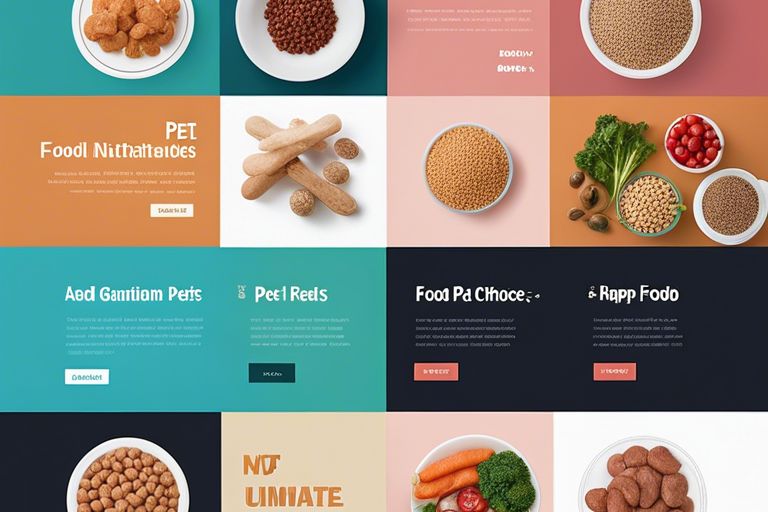
Commercial Pet Foods vs. Home-Cooked Diets
Your pet’s diet is a crucial aspect of their overall health and well-being. When it comes to choosing between commercial pet foods and home-cooked diets, there are several factors to consider.
Pros and Cons of Commercial Pet Foods
An overview of the advantages and disadvantages of commercial pet foods can help you make an informed decision about what to feed your furry friend. Here’s a breakdown of the pros and cons:
| Pros | Cons |
| Convenience | Potential for low-quality ingredients |
| Complete and balanced nutrition | Concerns about additives and preservatives |
| Wide variety of options | Possible allergens or sensitivities |
| Regulated for safety and quality | Cost may be higher for premium brands |
The Basics of Home-Cooked Pet Diets
Basics of home-cooked pet diets involve preparing meals for your pet using fresh, whole ingredients. This allows you to have more control over the quality and types of food that your pet consumes.
A home-cooked diet may consist of lean meats, vegetables, and grains, providing a balanced and nutritious meal for your pet. It can also be tailored to specific dietary needs, such as weight management or food sensitivities.
When preparing home-cooked pet diets, it’s essential to consult with a veterinarian or a pet nutrition specialist to ensure that the meals meet your pet’s nutritional requirements. They can provide guidance on portion sizes, ingredient selection, and potential supplements to add to your pet’s diet.
Safety and Nutritional Concerns
Commercial pet foods are formulated to meet the nutritional needs of pets and are regulated for safety and quality. However, it’s important to be aware of potential concerns when choosing a commercial diet for your pet.
Commercial pet foods may contain additives, preservatives, and fillers that can be detrimental to your pet’s health if consumed in large quantities. It’s essential to carefully read and understand the ingredient list and, when in doubt, seek advice from a veterinarian or pet nutritionist.
Raw Diets and Alternative Feeding Practices
After researching and trying out different feeding practices, many pet owners have turned to raw diets and alternative feeding practices as a way to provide their pets with a more natural and healthy diet. These alternative feeding methods often include raw meat, bones, and organs, as well as other unconventional ingredients.
The Raw Food Movement
An increasing number of pet owners are choosing to feed their pets a raw food diet, believing it to be more in line with the natural diet of their animal counterparts. Proponents of the raw food movement argue that raw diets can improve pets’ overall health, by promoting better digestion, cleaner teeth, and a shinier coat. However, it is important to note that there are potential risks associated with raw diets, including bacterial contamination and nutritional imbalances.
Vegetarian and Vegan Diets for Pets
The idea of feeding pets a vegetarian or vegan diet has gained popularity among pet owners who are committed to ethical and environmental concerns. However, it is important to recognize that dogs and cats are naturally carnivorous animals, and their dietary needs are dependent on consuming animal proteins and nutrients. A carefully planned vegetarian or vegan diet for pets must include appropriate supplements and additives to ensure that they receive the essential nutrients they require for optimal health.
A well-planned vegetarian or vegan diet for pets may include sources of plant-based protein such as soy, lentils, and quinoa, as well as fortified supplements providing essential vitamins and minerals like taurine and vitamin B12.
Supplements and Additives
Pets may benefit from the addition of supplements and additives to their diets, especially when consuming raw or unconventional food choices. These may include omega-3 fatty acids, probiotics, digestive enzymes, and joint support supplements to maintain overall health and aid in digestion. It is important to consult with a veterinarian before introducing any new supplements or additives to your pet’s diet to ensure that they are safe and appropriate for your pet’s specific needs.
With the growing trend of alternative feeding practices, it is important for pet owners to be informed about the potential benefits and risks associated with raw diets and other unconventional feeding methods. Consulting with a veterinarian and conducting thorough research can help pet owners make informed decisions about their pet’s nutrition and food choices.
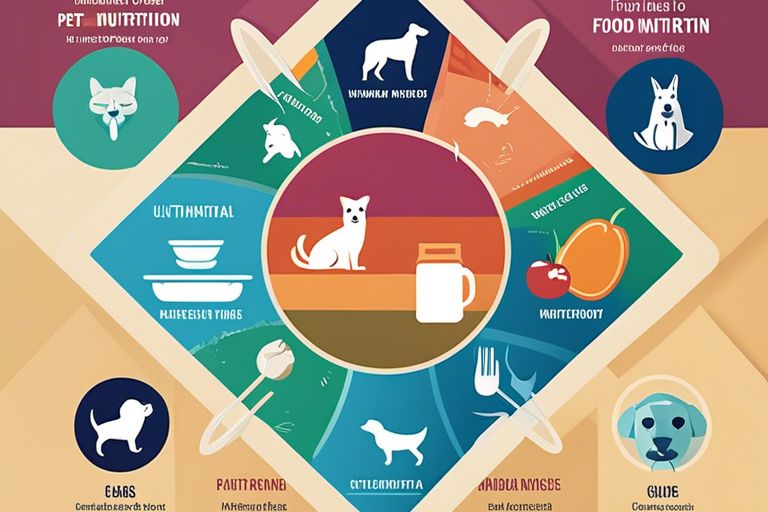
Making Informed Food Choices for Your Pet
Despite the abundance of options available, making informed food choices for your pet is crucial for their overall health and well-being. With so many conflicting opinions and information, it can be overwhelming to navigate through the maze of pet nutrition. However, by understanding the latest research and myths, as well as being aware of pet food recalls and safety concerns, you can make confident decisions about what to feed your furry friend. Additionally, considering eco-friendly and sustainable pet food options provides an opportunity to support the environment while nourishing your pet.
Understanding the Latest Research and Myths
The nutritional needs of pets are constantly evolving, and it’s essential to stay up-to-date with the latest research and debunk common myths surrounding pet nutrition. The ever-growing body of scientific knowledge can help pet owners make informed decisions about the most suitable diet for their furry companions. Understanding the impact of factors such as age, breed, and health conditions on a pet’s nutritional requirements can empower pet owners to make the best food choices for their beloved animals.
Navigating Pet Food Recalls and Safety Concerns
Navigating pet food recalls and safety concerns is a critical aspect of responsible pet ownership. Any evidence of contamination, inadequate nutritional content, or potential health risks should be carefully monitored to ensure the safety of your pet. Staying informed about recalls and safety concerns helps pet owners avoid potential harm and make well-informed decisions about the food they provide to their pets. Additionally, being aware of the regulatory standards and quality control measures in the pet food industry is essential to guaranteeing the safety of your pet’s food.
Any responsible pet owner should prioritize the safety and well-being of their pet by staying informed about pet food recalls and safety concerns, and taking proactive measures to ensure the quality and safety of their pet’s food.
Eco-friendly and Sustainable Pet Food Options
Food choices for pets can also have an impact on the environment, and pet owners have the opportunity to choose eco-friendly and sustainable options. By considering the environmental impact of pet food production and ingredients, pet owners can make choices that benefit not only their pets but also the planet. Eco-friendly and sustainable pet food options prioritize the use of ethically sourced ingredients and environmentally conscious manufacturing processes, providing a holistic approach to pet nutrition.
Sustainable pet food options consider the long-term implications of production and consumption, aiming to reduce the carbon footprint and promote biodiversity. Choosing eco-friendly and sustainable pet food options aligns with the values of responsible pet ownership and supports the health of the planet for future generations.
Conclusion
Upon reflecting on the comprehensive information provided in “The Ultimate Guide To Understanding Pet Nutrition And Food Choices,” it is clear that making informed decisions about our pets’ diets is crucial for their overall health and well-being. This guide has highlighted the importance of understanding the nutritional needs of different pets, the significance of reading and interpreting pet food labels, and the potential risks and benefits of various food choices. It is evident that with the right knowledge and careful consideration, pet owners can make the best nutritional decisions for their beloved companions.
It is essential for pet owners to remember that the dietary needs of their pets may vary based on factors such as age, breed, and health conditions. Seeking advice from veterinarians and pet nutritionists can provide valuable insights and personalized recommendations. By staying informed and attentive to our pets’ nutritional needs, we can contribute to their overall health and happiness for years to come.
FAQ
Q: Why is understanding pet nutrition important?
A: Understanding pet nutrition is important because it directly impacts the health and well-being of your pet. A balanced diet ensures they receive the necessary nutrients for a healthy life.
Q: What are the key nutrients that pets need in their diet?
A: Pets require a balanced diet of proteins, fats, carbohydrates, vitamins, and minerals to support their overall health and proper growth.
Q: How can I determine the best food choices for my pet?
A: Consider your pet’s age, size, breed, and specific health needs when choosing their food. Consult with a veterinarian to discuss the best options for your pet’s nutritional requirements.
Q: Are there any ingredients that I should avoid in my pet’s food?
A: It is important to avoid artificial preservatives, colors, and flavors in pet food. Also, be cautious of foods with excessive fillers, by-products, and low-quality proteins.
Q: Can I feed my pet homemade food instead of commercial pet food?
A: While homemade food can be an option, it is essential to ensure that your pet receives a balanced and complete diet. Consult with a veterinarian or a pet nutritionist to create a proper homemade diet plan for your pet.
Q: How can I assess the quality of pet food before making a purchase?
A: Look for pet food brands that use high-quality, named protein sources, have minimal fillers, and have a good reputation for safety and nutrition. Reading labels and understanding the ingredients list is essential in assessing food quality.
Q: What should I do if my pet is experiencing food-related health issues?
A: If your pet is experiencing food-related health issues, such as allergies or digestive problems, consult with a veterinarian. They can help identify any dietary sensitivities and recommend a suitable diet for your pet’s specific needs.
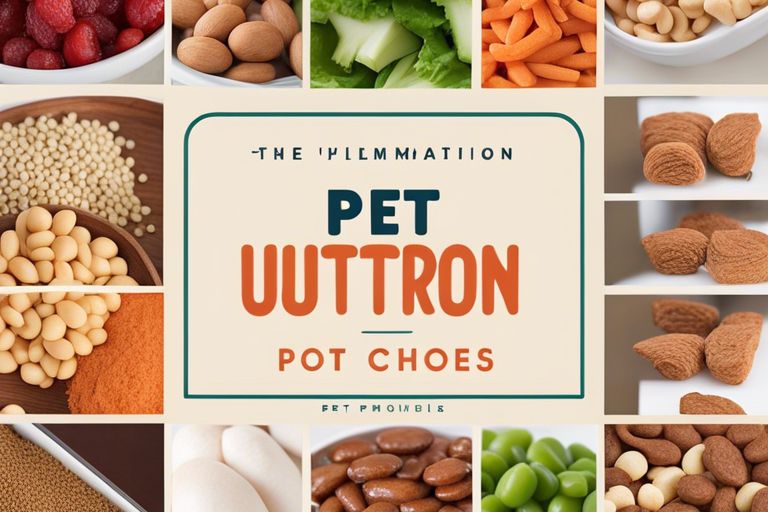



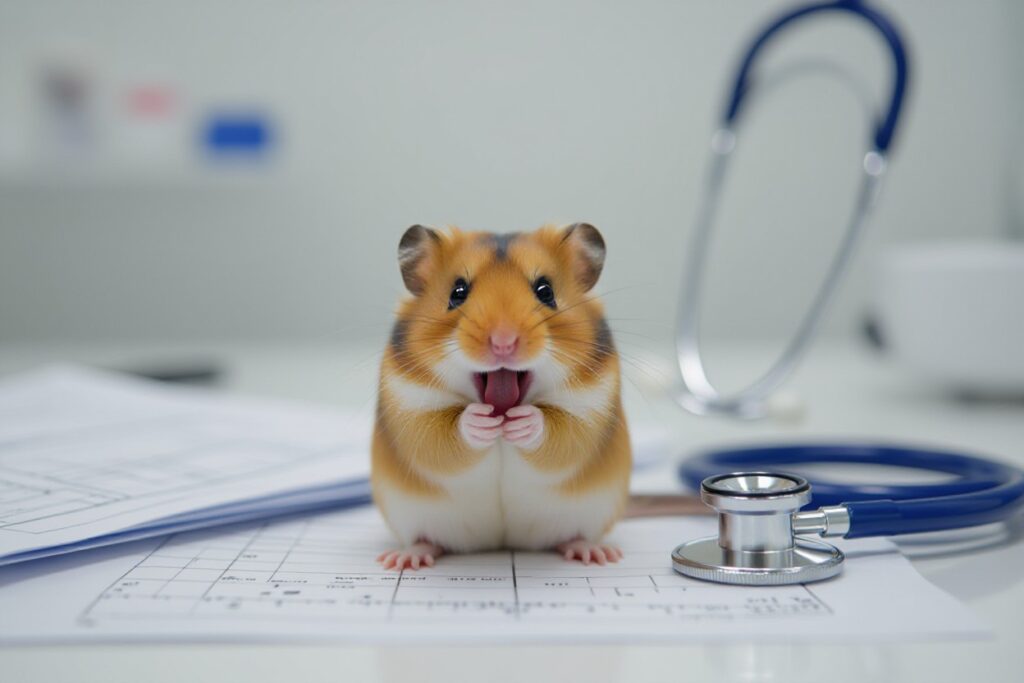







I simply wanted to say how much I loved going through this article!
You’ve shared amazingly relevant and practical information, especially for
those of us who are serious about our health and well-being.
It’s so refreshing to find content that not only informs but also inspires healthier
habits in such an clear way. I’m definitely going to be referring back to this and will be sharing your article on my
own blog about diets and wellness. Keep up the amazing work – your content is helping people!